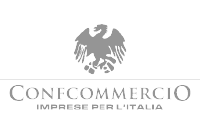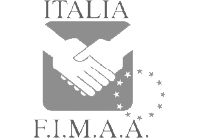
Italian Regulatory Authority for Electricity Gas and Water (AEEG) is an independent body, which regulates and supervises the electricity and gas makers in Italy. The purpose of its establishment in 1995 was to protect the interests of users and ensure efficient, cost-effective and profitable nationwide services with satisfactory quality levels.
The Authority is responsible for defining and preserving a reliable tariff system and reconciling general social objectives with operators’ economic goals. It also promotes environmental protection and efficiency use of energy. The Authority formulates observations concerning issues in the regulated sectors of electricity and gas and provides an advisory and reporting service to the parliament and government.
Electricity
Standard electricity supply is 220 Volts (V), 50 Hertz (Hz). The national electricity company and distributor in Italy is ENEL. However, consumers are free to choose other electricity providers available in their area.
Estimated bills are normally sent out every 2 months, and after the meters are read and adjusted bills are sent out again. They are payable at the local office, in post offices or through your bank, which I most recommend. Italians prices for electricity are higher than in most other countries and therefore they usually use it in a more more attentively way than we do.
Gas
Gas is widely used for heating, water heating and cooking appliances throughout Italy. It is controlled by the local Comune or by an authorised company. You can obtain gas in three different forms: bottled gas (bombole), outdoors gas tank (bombolone) or mains gas (gas di citta) which is mostly used in big cities. Bottled gas is most commonly butane gas and it can be bought in small quantities. Tanks gas is the most common in rural areas where it is stored in a large tank. Generally, the tank is installed by the gas company and remains their property. Once you sign a supply contract with the gas company you will be charged for a fixed minimum usage per year.
Water
Every commune has its own water company. The water supply is controlled by the commune and pricing can depend on weather conditions. Mains water supply is limited to a fixed, metered amount per household and an annual consumption, which exceeds the limit, must be paid for. To arrange to receive water, you must provide the local water company with your tax code and identification document and contact the Ufficio Acquedotto at the comune offices to initiate service. Italians tend to drink bottled mineral water rather than tap water. However, quality of tap water in Italy is excellent, especially in the north as the water often comes from wells and springs, in which case it is not chlorinated but is safe to drink.














